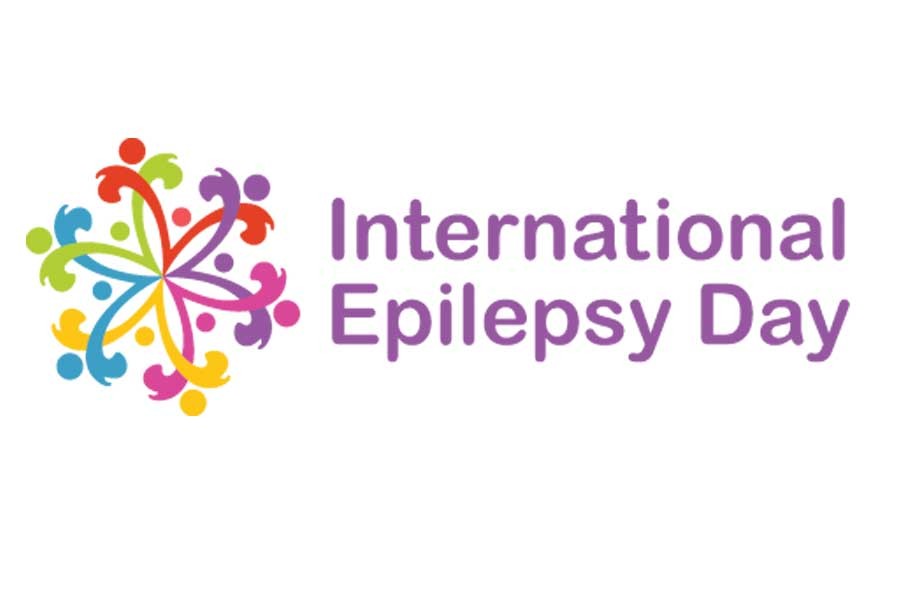It's an opportunity for us to show love for epilepsy patients on a day which is being celebrated as the Valentine's Day. International Epilepsy Day is also being observed on February 14 this year with the theme "Shape Our Future".
Epilepsy is the fourth most common neurological disorder, after migraines, strokes, and Alzheimer’s.
People with epilepsy and their families share their experiences on this day to reduce the social stigma surrounding epilepsy and make general people more aware. Epilepsy is a condition that affects the brain and causes frequent seizures when these patients may lose their consciousness. It’s such a mysterious condition that the patients often feel that they are going to have a seizure within a few seconds but can't stop it.
Every year, the International Bureau for Epilepsy (IBE) and the International League Against Epilepsy (ILAE) jointly celebrate International Epilepsy Day on the 2nd Monday of February.
As some patients may fully be upright and walk aimlessly during seizures, the patients are required to keep away from walking onto a busy road. However, they shouldn’t be restricted from movements.
Many types of seizures have been identified. However, not all seizures include convulsions or shaking in the body.
Some facts about epilepsy:
- 65 million people around the world live with epilepsy. One-third of people with epilepsy live with seizures because no available treatment works for them.
- Despite being one of the world's oldest known medical conditions, public fear and social stigma about epilepsy makes many patients hesitate to talk about it.
- People with epilepsy die at a higher rate compared to the general population. Each year, many patients with epilepsy die from sudden unexpected disease known as SUDEP.
- Eight out of 10 people with epilepsy in developing country do not receive proper treatment.
What needs to be done in times of seizure
If a patient is having a convulsive seizure, the first duty is to protect his/her head with something soft (pillow) and remove any potentially hazardous objects from the immediate vicinity. For example, if they are in danger of falling off a chair, it’s necessary to move the chair. It’s never advisable to put anything in a person's mouth or restrain them during a seizure.
Diagnosis epilepsy:
There is no single test used to diagnose epilepsy. Among the ways to diagnose epilepsy, the electroencephalogram (EEG) is the most dependable.
Treatment:
Although there are a lot of myths associated with epilepsy and its treatment, many types of effective anti-epileptic drugs are now available for the treatment of epilepsy. The good news is that epilepsy can be easily managed if it’s diagnosed and treated urgently and correctly. So awareness is very important.
Epilepsy and depression:
Depression is the most common type of psychiatric co-morbidity in patients with epilepsy. Despite its high prevalence, depression remains unrecognised and untreated in a large proportion of epilepsy patients.
Patients with a history of depression have a four-to-seven-fold increased risk of developing epilepsy, and those with a history of suicidal attempt have a five-fold increased risk of developing epilepsy.
There is higher depression in epileptic patients due to anxiety about seizures, the after effects of seizures, side effects of anti-epileptic medicine, social stigma, and the negative attitude to the epileptic patient.
Mismanagement of depression in patients with epilepsy has serious consequences, such as increased suicide risk, negative impact on quality of life, and medical cost.
With proper anti-depressant 50 per cent of patients experience remission within the first six months and about 66 per cent within two years.
Muhammad Sayed Inam is an Assistant Professor of Psychiatry at Sylhet MAG Osmani Medical College.


